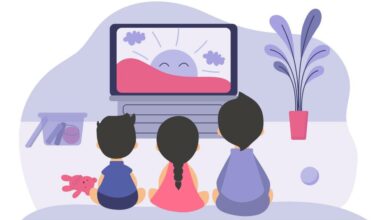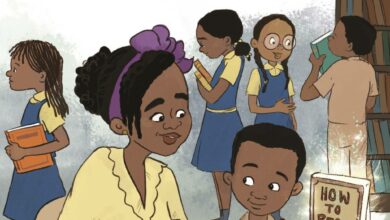3 Research-backed tips for teaching forgiveness to children

This post was originally published by Parenting Translator. Sign up for the newsletter and follow Parenting Translator on Instagram.
You may have never thought specifically about teaching your child forgiveness but we have all experienced a situation in which forgiveness comes into play. Maybe you’ve apologized to your child only to have them stare back at you blankly. Or maybe your child had a misunderstanding with their friend on the playground and even after it had been resolved refused to play with that friend. Or maybe their brother accidentally pushed them and they still lashed out and pushed back.
Forgiving and moving on is just as important in repairing a relationship as apologizing and making up for a mistake. As adults, we know the importance of forgiveness in our relationships, but what about for our children? How do they learn to forgive others and move on? And is there anything we can do to teach them to be more forgiving?
Research finds that children as young as four show forgiveness, particularly when the offending party is is remorseful or apologetic. When children are more forgiving, it not only helps their social relationships, but is also associated with increased self-esteem, lower levels of social anxiety and improved psychological well-being.
A recent study may help us to understand the factors that make children more likely to forgive. This study included 185 children from ages 5 to 14 years. The researchers interviewed children to find out how likely they were to forgive another child who left them out of an activity. The researchers also examined whether it mattered for forgiveness when the other child was on the same team versus on another team, whether the other child gave a sincere apology, and tested the children’s “theory of mind” skills (translation: children’s ability to take the perspectives of others and understand that other people have different thoughts, beliefs and emotions).
Three main findings
The researchers found that children were more likely to forgive others when:
- The other child gave a sincere apology
- They thought of the other child as on the same team or part of their group
- When they had more advanced theory of mind skills
Translation
This study suggests that forgiveness is complicated, even for young children. Of course this is a preliminary study and further research is needed to better understand the development of forgiveness in children, but it does provide some interesting insights. So how can this research help you to teach your children about forgiveness?
- Work with your child on their perspective-taking abilities. Ask them why another person might have acted in a certain way and what they might be feeling. Help them to see the other child’s point of view in a conflict. Explain to them your thoughts and perspectives in different situations. Point out the thoughts, feelings and perspectives of characters in books, movies and television shows, whenever you have the chance.
- Explain how other children are similar to your children even when they seem different on the surface. Research finds that children are more likely to forgive others when they think of themselves on the same “team” as that child ,so seeing the child as more similar to themselves may help to generate these feelings.
- Help your children learn to apologize in a sincere way and recognize a sincere apology when they receive one. This research suggests that sincere apologies are important in forgiveness. Apologizing sincerely means being clear in expressing that they understood what they did wrong and a plan to do better in the future. Parents should also try to model sincere apologies when apologizing to their children and practice it with them regularly.
Cara Goodwin, PhD, is a licensed psychologist, a mother of four and the founder of Parenting Translator, a nonprofit newsletter that turns scientific research into information that is accurate, relevant and useful for parents.




